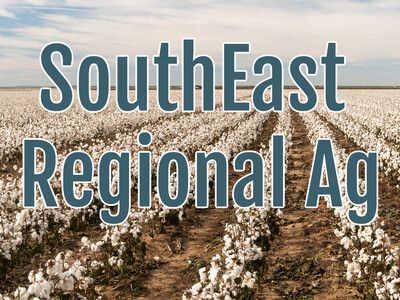Invasive species
The Idaho State Department of Agriculture (ISDA) announced that the seasonal aquatic invasive species prevention program is fully underway for the season. The opening of the station at Redfish Lake is the 20th mandatory watercraft inspection station to open statewide. ISDA opened the first stations for the season in late February and will inspect boats for invasive species and aquatic weeds through the Labor Day weekend.
Stopping at inspection stations is mandatory, even for non-motorized watercraft. Most stations are along roads and highways near state borders, with some locations at boat ramps. Inspections are targeting boats entering Idaho that may have been in infested waterbodies such as the lower Colorado River, which is known to have heavy infestation of quagga and zebra mussel. Idaho's watercraft inspection program is working to prevent the spread of aquatic weeds and invasive species into Idaho's lakes and rivers. So far this season, over 20,000 watercraft have been inspected and 18 vessels have been identified as carrying quagga or zebra mussels. Over 300 boats have been identified as "high risk" and washed at the inspection station. The combination of inspection, washing, and outreach have ensured that boats entering the state are clean, drained, and dry before launching in Idaho waters.
Idaho has had a watercraft inspection program in place since 2009. Nearly 270,000 boats have been inspected and 138 mussel-fouled boats have been intercepted and decontaminated before they launched into Pacific Northwest waters.
Lloyd Knight: "Idaho's watercraft inspection program underscores the importance of preventing these mussels from becoming established in Idaho's waters," All of Idaho's waterbodies have tested negative for these species, but they have been found in waters of other western states, and are causing economic and environmental harm in other regions of the country.
We continue to work with our regional partners to prevent these fouled boats from launching in Pacific Northwest waters. Catching mussel-fouled boats so early in the season is a real wake up call. The more the public is educated about these invaders, the more enthusiastic and vigilant they are in joining efforts to keep them out of the Pacific Northwest." It is important that boaters in Idaho maintain and operate a clean, drained and dry watercraft in order to prevent the spread of aquatic invasive species and noxious weeds. Zebra mussels and quagga mussels are invasive species. They are European in origin and range in size from microscopic to the size of a fingernail, depending on the life stage. They are prolific breeders and attach themselves to hard and soft surfaces, fouling freshwater ecosystems and clogging intake pipes that draw water from infested waterbodies. They cause significant maintenance challenges for raw-water systems, requiring millions of dollars annually to treat.
ISDA urges all boaters to take the following steps to prevent the introduction of the mussels to Idaho:
If you have launched in a mussel-infested waterbody in the last 30 days, you must have an inspection before you launch in Idaho. You can call 1-877-336-8676 to schedule a free inspection.
Inspect all exposed surfaces - small mussels feel like sandpaper to the touch
Wash the hull thoroughly, preferably with hot water
Remove all plant and animal material
Drain all water and dry all areas
Drain and dry the lower outboard unit
Clean and dry all live wells
Empty and dry any buckets













